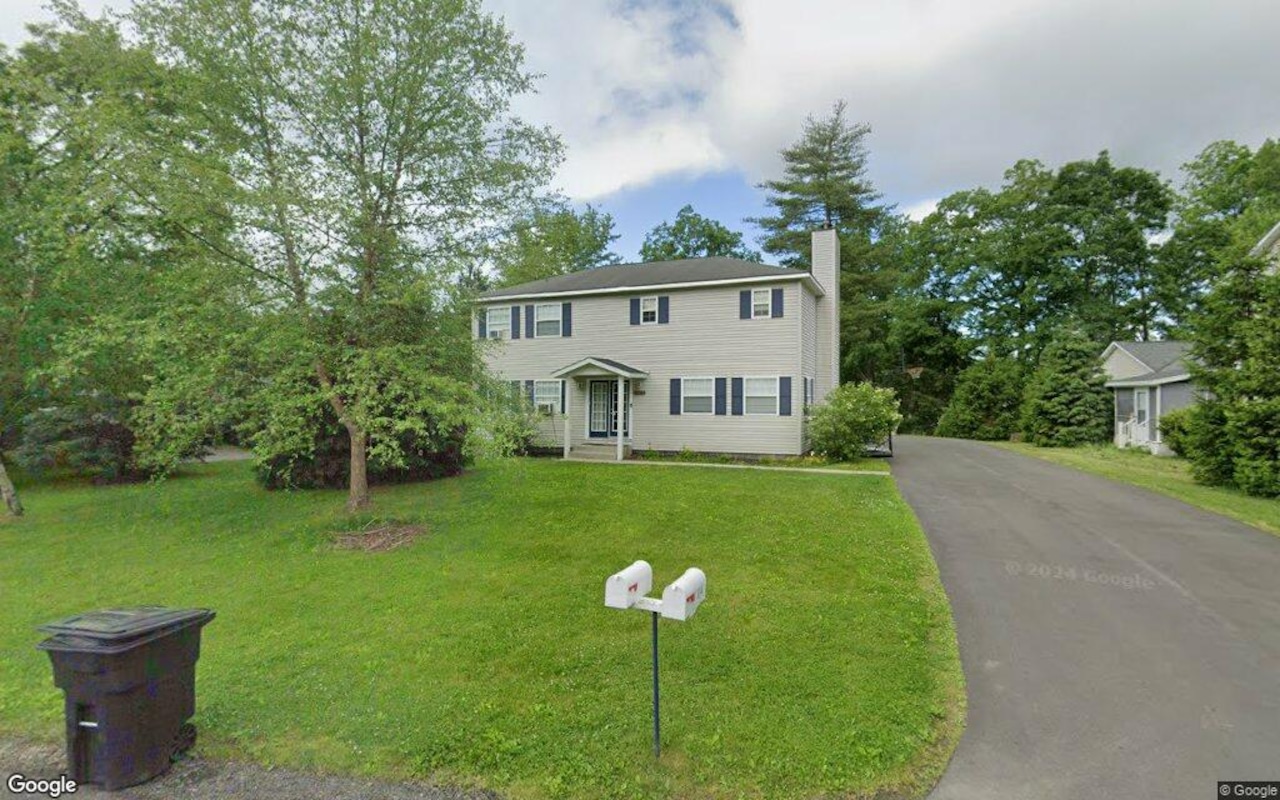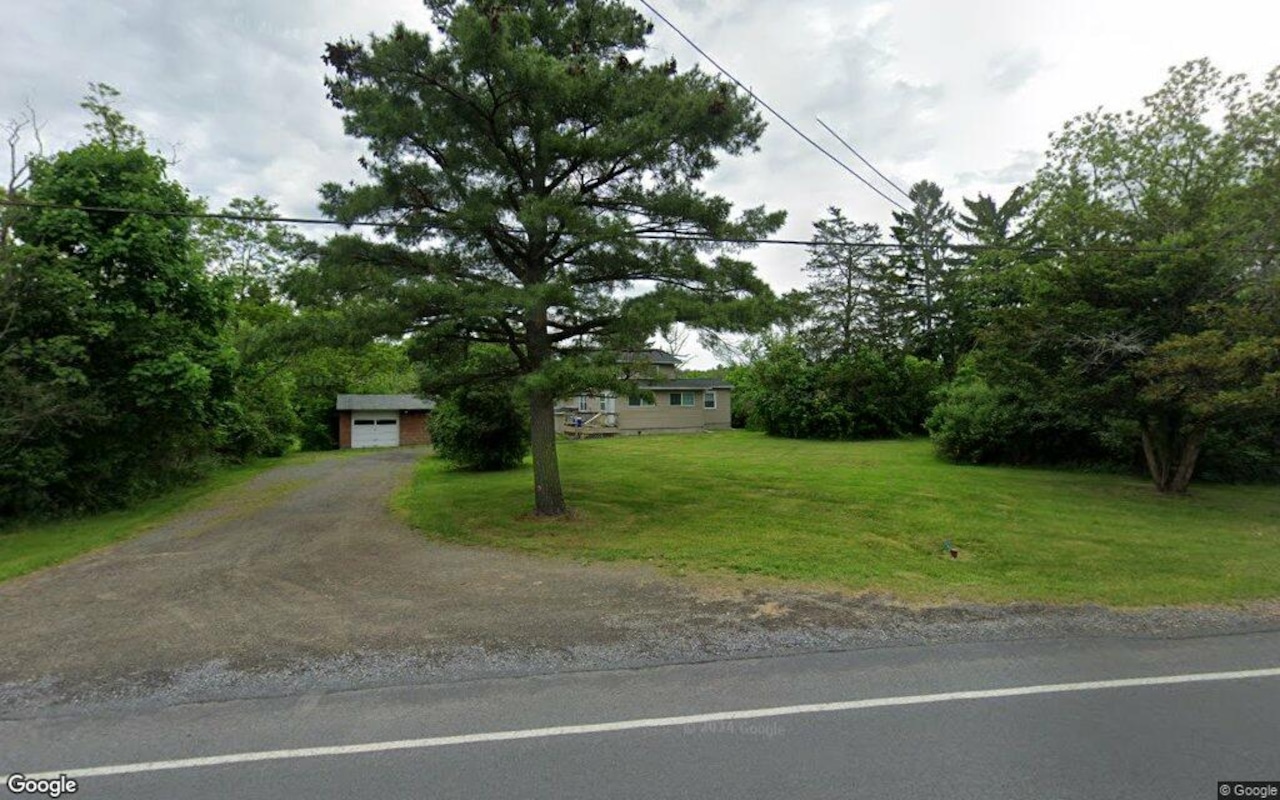I
n the tech hubs of Bengaluru and Pune, a perfect storm is brewing. The US tariff war has set off alarm bells for real estate markets, which are closely tied to the growth of India's IT sector. As American companies scale back spending, Indian IT firms feel the pinch, leading to slower project cycles, dipping earnings, and job insecurity.
The ripple effect is already being felt in Bengaluru, where areas like Indiranagar, Koramangala, and Whitefield saw property prices skyrocket in recent years. But with over 50,000 tech workers losing their jobs in 2024 and major firms cutting back on hiring, housing demand has taken a hit. The trend is shifting, and potential homebuyers are becoming increasingly cautious.
Automation and artificial intelligence are also contributing to the uncertainty, as companies rely more on machines and fewer on people. Job security is declining, making potential buyers hesitant to make big financial decisions. In Pune, similar trends are unfolding, with rising job concerns leading many potential buyers to hold off on purchasing property.
As a result, property sales in both cities have slowed down. A report by Knight Frank highlights the disruption caused by employment uncertainties and rising prices, with Bengaluru's housing sales dropping 5% between January and March 2025. Housing sales across nine cities are projected to decline by at least 23%, with supply falling by 34% in the first quarter of 2025.
The US tariff war has set off a chain reaction, impacting not just American businesses but also India's real estate market. As consultancy reports warn, decisions made in the U.S. can have far-reaching consequences for cities in India. With global dynamics evolving and the tech industry undergoing shifts, the real estate market in India's IT hubs is entering a critical phase.
Consultancy reports are sounding the alarm: Bengaluru's housing sales dropped 5% to 12,504 units between January and March 2025, while housing sales across nine cities are projected to decline by at least 23%. The supply of new homes is also expected to fall by 34% in the first quarter of 2025.













